
Observing things from afar, the June 4 Uprising was like this scenario: In a community, there was a collection of debris made up of vegetation waste of tree branches and cut grasses heaped on high in an open space.
One of the residents saw that hens belonging to some of his neighbours were laying eggs and brooding under the heap. Out of green envy, because he had no chicken himself, he hatched a wicked plan. There were two incidents of snake bites, and so this fellow used them to inform all residents that he saw snakes in the debris.
Quickly a search and destroy party was organised, and the debris was torched with fire. As it was burning, only hens fled the inferno leaving behind burnt eggs which would have hatched into chickens. The man had achieved his aim, using the neighbours fear and anger.
Was June 4 Necessary After All?
June 4 was said to have come to appease the anger of the people, but rather it was to appease the anger of the military in the barracks. June 4 was said to have come to stop all coups, by essentially removing a government that overthrew a civilian regime. Events less than three years later will put this argument in its right perspective, and more so, it was not true that June 4 came to topple a regime that overthrew a civilian one. July 5, 1978 was the coup that toppled a regime that had toppled a civilian administration. The generals began this process on October 9, 1975, and finished it off on July 5, 1978, by sending Acheampong packing, having demoted him back to civilian status for disgracing the Ghana Armed Forces.
June 4 was said to have implemented probity and accountability, as we all saw, people who relented in paying their taxes, commissions and levies, took the opportunity to do so by paying into Account 48.
To this day, the amount in this account has not been disclosed, and the civilian government which came after the AFRC claimed it never saw any money, or even knew where it might be hiding. Some God-fearing journalist dared to ask questions in his newspaper. He was dragged to court and jailed for what can be more accepted as breaching the peace, than demanding to know where our money is.
High level of corruption and blatant abuse of human rights were the order of the day. Soldiers could walk into people's homes and take whatever they wanted, including cars and other valuables. Some of these lower ranking officers were seen learning how to drive with the cars they had seized, moving on only first or second speed for long distances.
Before Makola Market was pulled down, there was an unpardonable act of gross human abuse, when some market women were stripped naked and their dignities displayed in public. This could be a curse, since a woman's dignity is where humans come from. It is a sacred enclave to be respected by all sexes, even though some women allow theirs to be abused freely. Ghana had been initiated in a realm of indiscipline, even as it meant pulling your own mother into the street and stripping her naked for people to be able to count the hairs on her pubic.
Military generals and senior officers were dragged to kangaroo courts, where they were pronounced guilty before even heard. A noble businessman called Mr. Buckman had his mansion in Teshie Nungua pulled down, with the excuse that he had close links with the previous government, so it was possible he put up that house with means beyond his earnings.
There was this senior army officer who had gone to the bank to lawfully acquire a personal loan to put up his private house. He was executed for using his status to acquire the loan.
Rawlings and his cronies talk about how they regretted the excesses of June 4, but this nonsense talk cannot be accepted, since they started the fire and should have known how to manage it. There is a military saying that "it is easier to conquer a territory than to entrench your conquest." This, Rawlings should have known, and he should have planned how to manage the indiscipline within the ranks, before he took up the opportunity to lead that revolution.
One of the epicenters of discipline in our country can be said to be in the Armed Forces. Men and women are trained to have respect for their superiors, colleagues and subordinates; they are trained to have respect for all they interact with, and for the nation.
That respect was all lost when June 4, broke out. Then the other ranks suddenly realised that they could command the senior officers after all, and even decide whether they should live or die.
What happened in the barracks overflowed its banks and settled in the civilian world. Certainly, lack of respect for the elderly and those in authority became the norm. This was the era in which the seeds of High Indiscipline Syndrome (HIS) were planted.
Rawlings had cleverly used their fear and anger to his advantage, and cried "snake, snake" when there was none, just to incite them to destroy the command center, so that he could carry out his hidden agenda, unnoticed.
Rawlings succeeded in luring Ghanaians into believing he had an antidote to their economic hardships; feeding on their anger, he murdered top military officers who he knew could one day strike back.
If the June 4 coup was to kill all those who overthrew civilian governments, as a deterrent to aspiring coup makers, why was JWK Harley spared? Why was Gen JA Ankrah spared; what about Lt. Colonels Serlomey, Agbo, and Baah? Why was Afrifa selected from among the surviving members of the National Liberation Council and murdered? He was cleared by an independent committee of enquiry into corruption by aspiring members of parliament, and was okay to contest.
Selective justice was propped up, and one could decide where the verdict should go, but, certainly not on the path of equal justice.
June 4, 1979 was indeed born out of envy and anger from within the ranks. The army officers on secondment to serve in government had started living affluent lifestyles, which were unacceptable to their colleagues and other military personnel who did only military service.
But should this envy boil over to hold freedom and justice ransom? Should this anger make one sect of Ghanaians go fishing out people to bring to public ridicule, or even end their lives?
Was June 4 really necessary, when everything was in place to return this country to civilian rule? Was June 4 really necessary, when a coup had already toppled the last military government that toppled a civilian one?
Did June 4 really come to fight corruption, when it could not account for amounts collected for the state and deposited in Account 48? Where was the probity and accountability, when someone only asked about this account and found himself in jail?
If it was a topic not to be raised or discussed, why was ex-president Limann not accosted by the PNDC government and put on trial for demanding to know what happened to that account? It was well noted that he persistently complained that there was no such account handed over to him and his government; a cry of protest and demand for the truth to be told, which he sang daily through to his death?
If June 4, came to correct rights in society, why was someone killed for the offense of acquiring bank loan lawfully? How do people have to access bank loans?
June 4, 1979 was an occasion where the oppressed became the oppressor, and the slave became the slave master. June 4 never initiated discipline, accountability or rule of law in society.
Someone took advantage of some wrongs in society to promote his hidden and sinister agenda, which projected him to higher levels in society.
June 4 was a mistake we are now living with; June 4 was never necessary!
Read Full Story
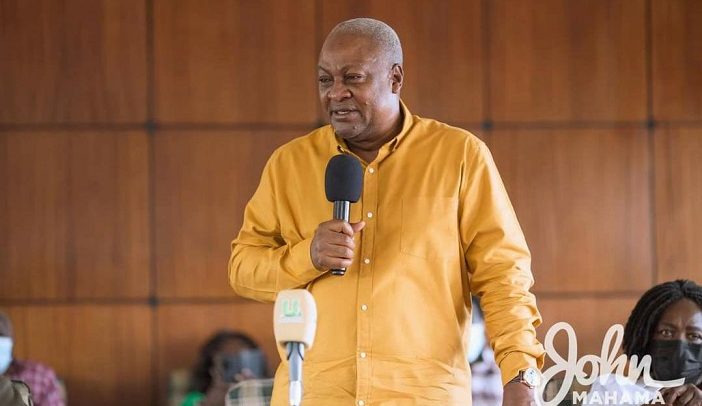
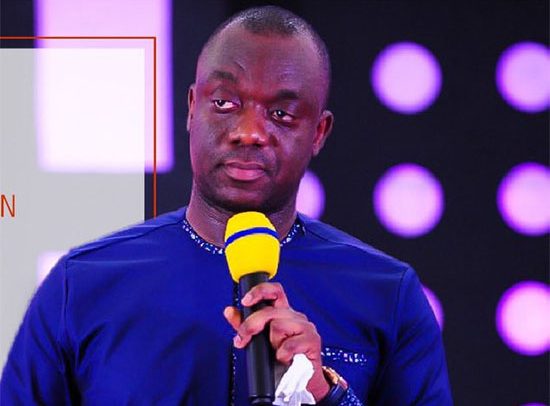




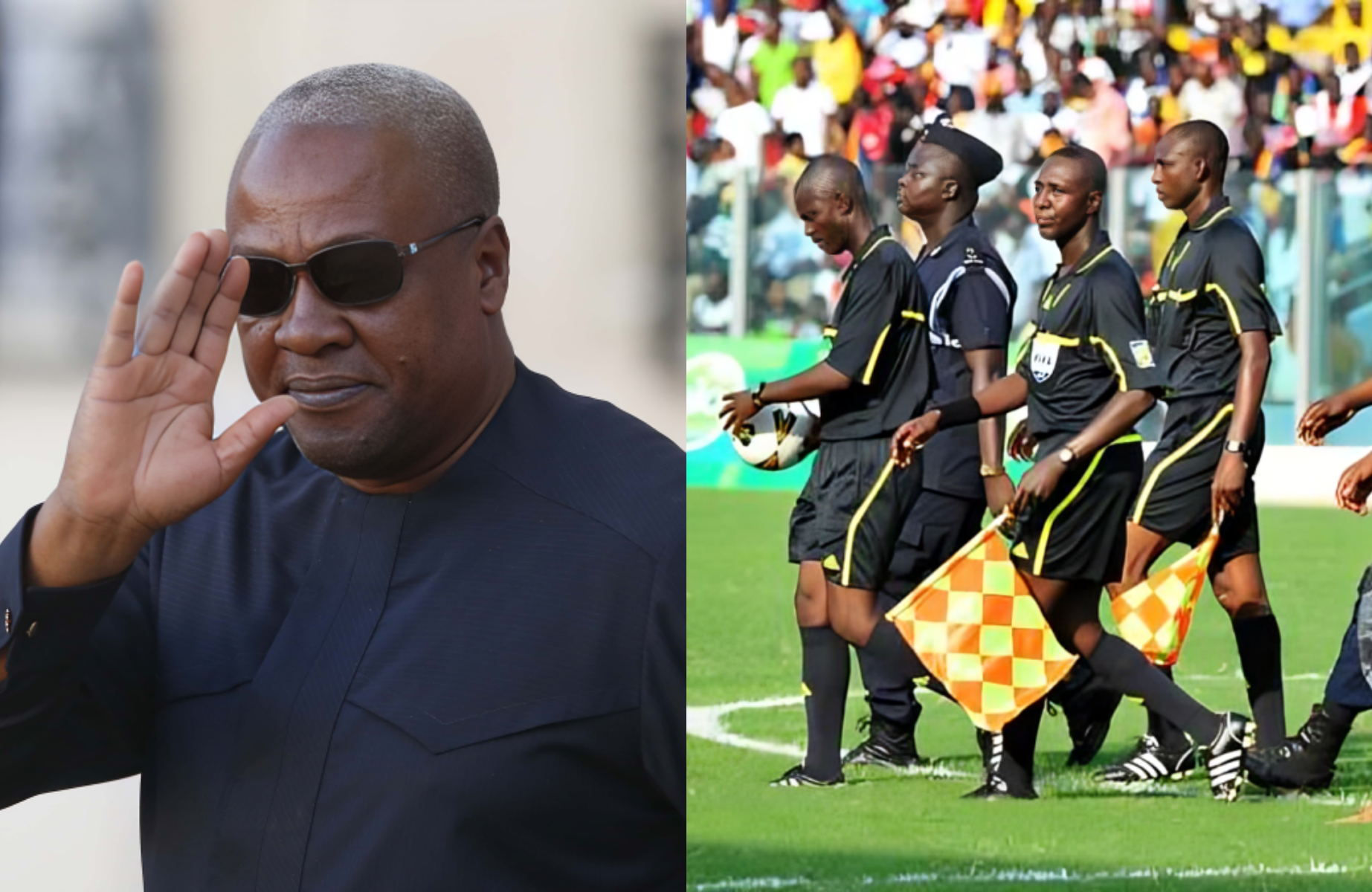
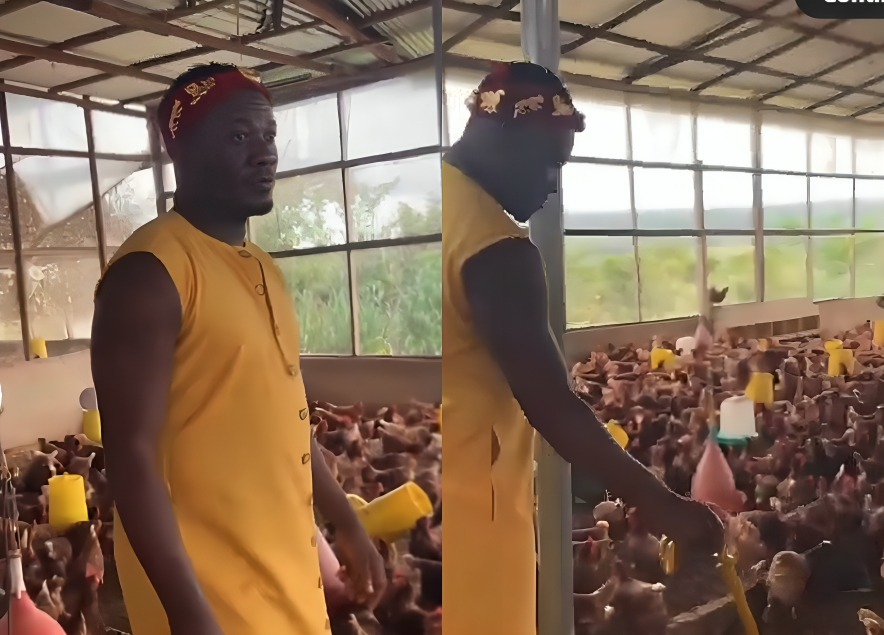
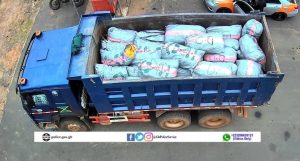

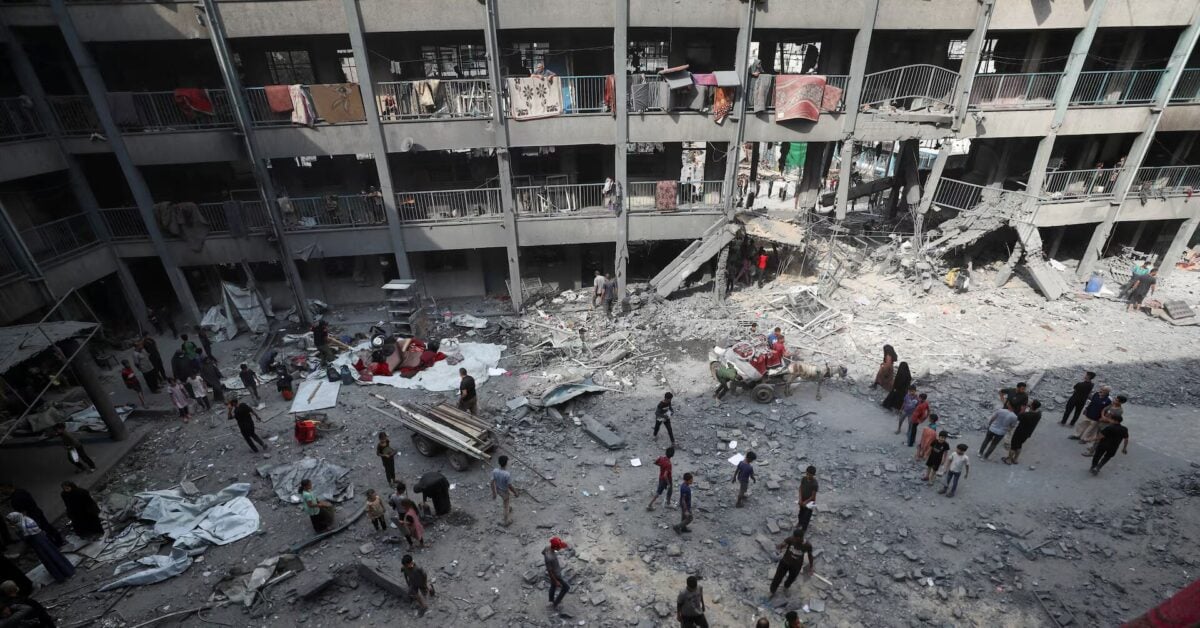
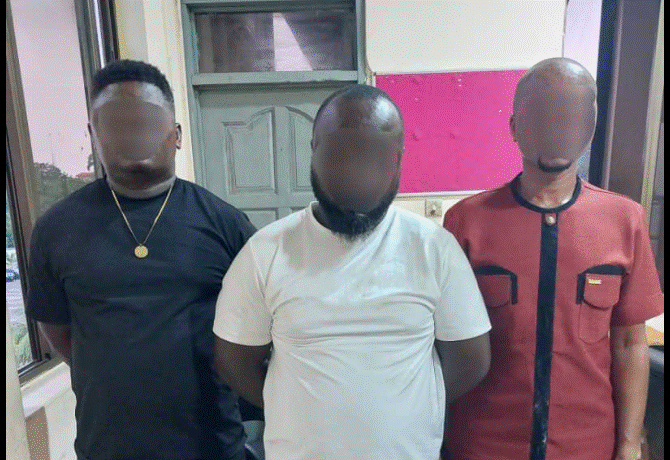
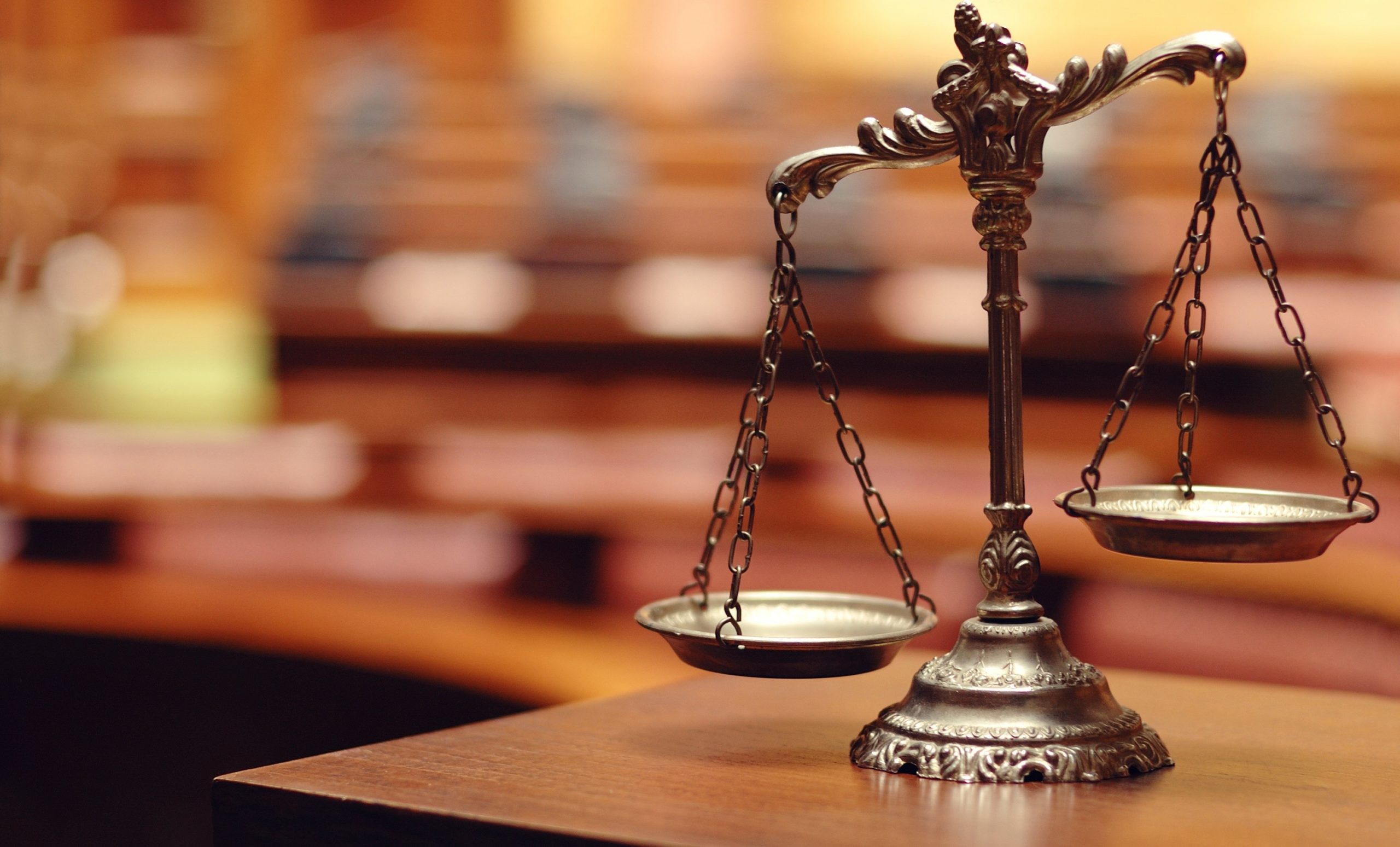
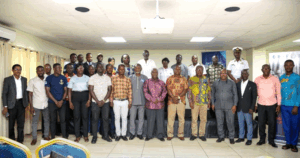


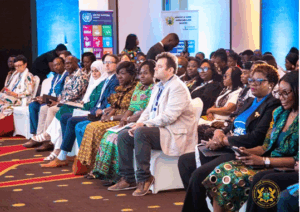
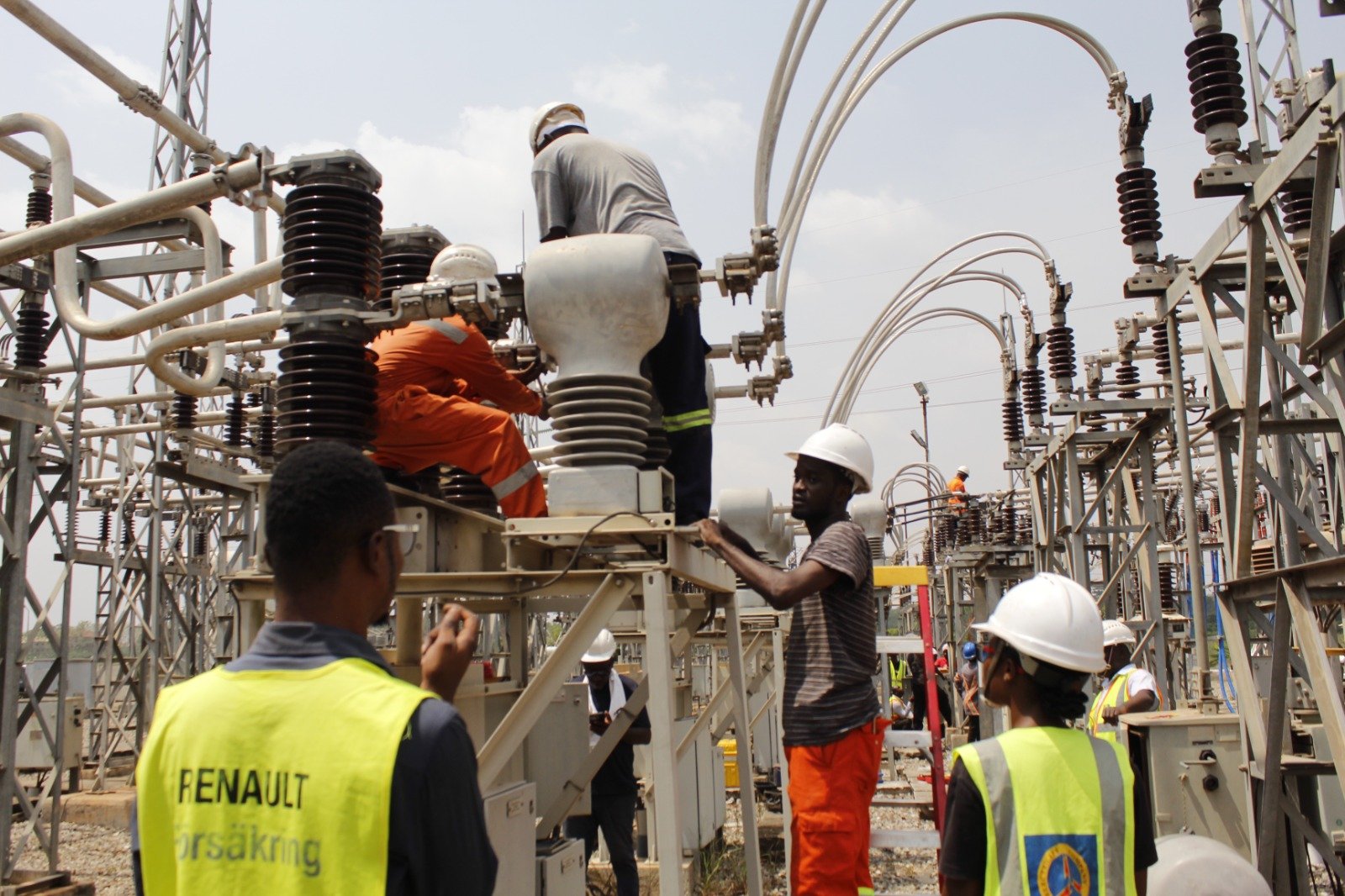
Facebook
Twitter
Pinterest
Instagram
Google+
YouTube
LinkedIn
RSS